How Long Should Treatment Last?
Seeking treatment in the case of addiction can be intimidating. There is much conflicting information regarding treatment outcomes, and often disparity exists between what insurance companies believe is effective treatment for problems as serious as opioid use disorders, and what these individuals may actually need.
According to these payers, depending on the goals set out for therapy, the timeline for treatment could be shorter or longer. For example, in the event that you are looking for stabilization, or some in-the-moment skills to help you cope with your condition, rehab could theoretically take a short time, if you’re motivated and put in the work. However, if you or your loved one is similar to the majority of Americans that have not benefited from less than 90-day outpatient or residential program, a longer rehab program is required.
Photo: Dan Myers
Opioid Crisis and Longer Treatment
In response to the news and political coverage of the Opioid Crisis as a national public health emergency, in April of 2017, the Substance Use Disorder Treatment Task Force was created to bring together health insurers, advocates, provider groups, and researchers to turn existing research into action, and developed their 8 principles of care to define quality addiction treatment. Quite plainly, they state, “A Substance Use Disorder can’t be cured through only detox or a 28-day rehab” in addition to similar statements focusing on the competency of providers in areas where there are co-occurring disorders. Similarly, the National Institute on Drug Abuse confirms that for methadone maintenance therapy, 12 months of active engagement in treatment is considered the minimum. Then why is it that treatment facilities have typically been built on the 30-90 day model?
When people enter treatment, often their addiction has caused serious consequences in their lives, likely leading to comorbid conditions, and they require interventions designed to meet their specific medical, mental, social, occupational, family, and legal needs. With the many moving parts in facilitating recovery, it makes sense why statistics show 90-95% relapse rates in the first three months for Opioid Use Disorder. This stark reality requires treatment centers to look more critically at their program models.
Peace Club’s Approach
At Peace Club, we believe that treatment programs that promise quick and efficient recovery that suggest less than a year-long process downplay the complex factors that underlie addictive habits. We believe that stopping the actual drug use is just one part of one’s lifelong recovery process, and that ideally, treatment should address the needs of the whole person to be successful. Thus, we have built our treatment model with the sole focus of helping individuals achieve lifelong success in recovery, utilizing a combination of medication management practices, with a step-down progression, and making treatment affordable across the range of services provided. For a person to reach what the professional world calls “Partial Remission” from a substance use disorder 3-months of sobriety is required. For people to reach “Sustained Remission,” 12-months of sobriety is required.
“...why have 30-90 day programs been the standard model for treatment programs? In short, there’s less money in longer-term treatment.”
If this is true, why have 30-90 day programs been the standard model for treatment programs? In short, there’s less money in longer-term treatment. Treatment centers have lacked the creativity and willingness to adapt to insurance payers restrictions and limitations. To this end, Peace Club believes in keeping our costs reasonable and working smarter to develop grants and scholarships, so that long term treatment is possible. Our goal for all client’s in our recovery residence program is to complete 9-12 months of treatment.
What to Expect at Peace Club
Starting treatment requires realistic expectations. During the phase of active addiction, over time, body chemistry and brain functioning changes. Similarly, attaining long-lasting sobriety, or the progression of recovery also takes a prolonged period of time. Due to the mass amounts of misinformation out there, we aim to be up-front about the services we offer here at Peace Club.
Detox
Prior to admission to Peace Club, you will have likely have completed the detoxification process either at one of our community partners, or through the center of your choosing. This is often the first step, as it is best to ensure that your body is rid of opiates or other substances, or enrolled in a medication management plan. Once you begin services with Peace Club, our Medical Director will oversee this aspect of your treatment.
Partial Hospitalization Program (PHP)
For about the first month or so of treatment, you will likely be enrolled in our full-time day treatment program. This involves 25 hours of clinical treatment, including individual and group therapy. Most individuals at this stage of care additionally live in our Recovery Residence, and engage in community-based support groups as well.
Recovery Residences
Our Recovery Residence, located in beautiful Cocoa Beach was designed with intentionality, as a space conducive to healing. With never more than two to a room, our 9-bed home offers individuals a reprieve from the chaos of life back home, where recovery can begin to take shape.
Intensive Outpatient Program (IOP)
As the next step down from our PHP program, our IOP offers a range of services depending on the needs of the individual. Individuals may step down from PHP to a less-intensive, but still 5-day program, or they may progress quickly to a 3-day program, offering anywhere from 10-20 hours of clinical treatment. Individuals may be in this stage of treatment from six to nine months.
Outpatient Program
As the final component in our program, outpatient treatment may take a number of different shapes, although tends to involve one group therapy session and one individual therapeutic session per week, ranging from 1 to 6 hours, while clients are also encouraged to spend time building up a network of social supports available in the community.
Of course, the progression through the program depends on the individual, their motivation and progress, and will likely vary. The best way to get more information about the treatment we offer is to give us a call at +1(321)423-1212.


